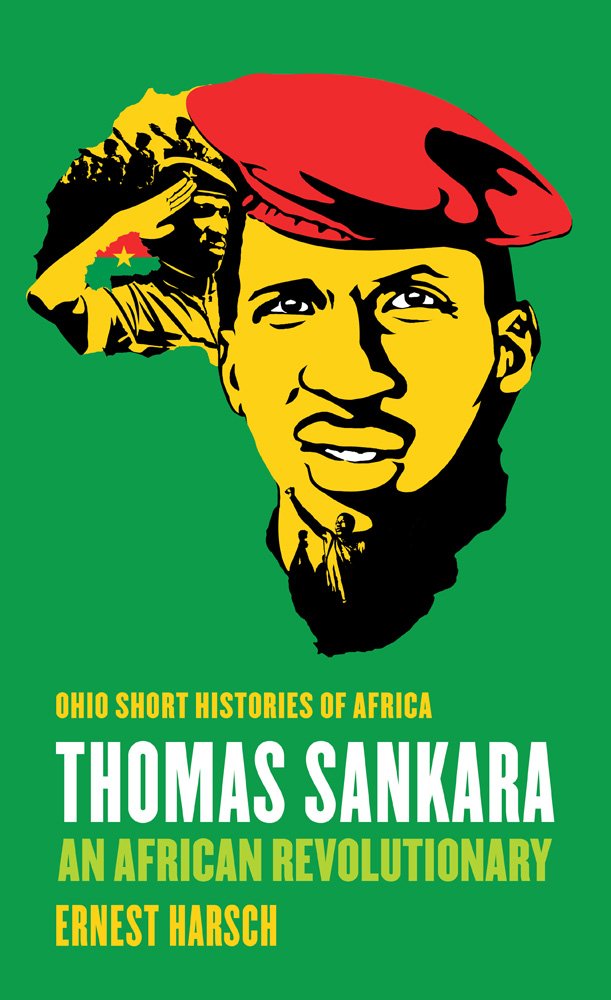Burkina Faso: 'Thomas Sankara: An African Revolutionary', new book by Ernest Harsch (audio)

For more on Thomas Sankara, click HERE.
Ernest Harsch interviewed by Jim Lance
October 10, 2014 – New Books in African Studies --Thomas Sankara, often called the African Che Guevara, was president of Burkina Faso, one of the poorest countries in Africa, until his assassination during a military coup that brought down his government. Although his time in office was relatively short, Sankara left an indelible mark on his country’s history and development.
As Ernest Harsch explains in his engaging biography, Thomas Sankara: An African Revolutionary (Ohio University Press, 2014), Sankara’s influence extends beyond Burkina Faso. Sankara was a moral force and an ardent spokesperson for African dignity and struggle against neocolonial forces and Western economic domination.
Harsch traces Sankara’s life from his student days to his recruitment into the military, his early political awakening, and his increasing dismay with his country’s extreme poverty and political corruption. Sankara and his colleagues initiated economic and social policies that shifted Burkina Faso away from dependence on foreign aid and toward a greater use of the country’s own resources to build schools, health clinics and public works. Although Sankara’s sweeping vision and practical reforms won him admirers both within and without Burkina Faso, a combination of domestic opposition and factions within his own government and the army led to his assassination in 1987.
Harsch has written the first English-language book that relates the story of Sankara’s life and achievements. Based on extensive firsthand research in Burkina Faso as well as interviews with Sankara himself, this brief biography will give this neglected hero of the African revolution the attention he deserves.
A welcolmed addition
Congratulations to Comrade Harsch for this welcomed addition to the arsenal of works that will assist working people from one end of the globe to the other as we collectively decipher a very complex world. I am sure this book will be of great value to those who grapple with the unfolding class struggle in Africa and the Middle-East, and will open the eyes of many as to why Thomas Sankara, Maurice Bishop, Malcolm X and Carlos Fonseca are not the same as the Baathist remnants, Hamas and Hezbollah.